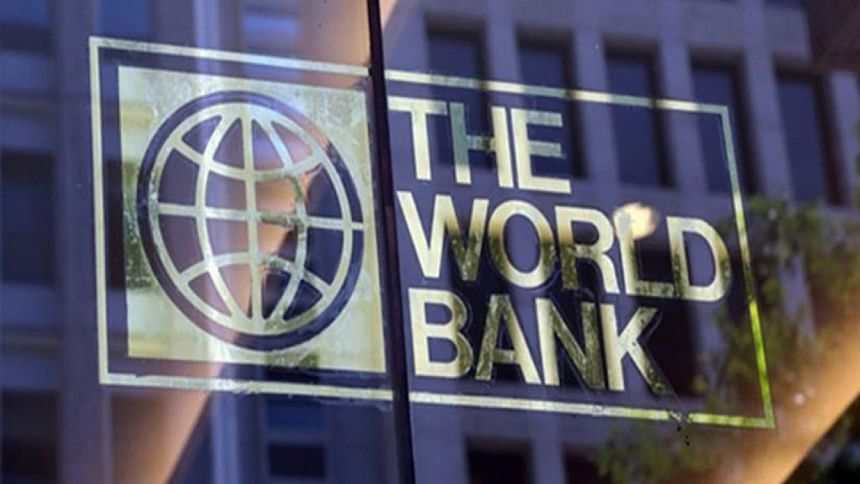WB to help ramp up the fight

The World Bank yesterday approved $200 million to help Bangladesh improve primary healthcare services for treatment, prevention and referral for common illnesses including mosquito-borne diseases like dengue, and medical waste management in Dhaka, Chattogram City, Savar and Tarabo.
One of the objectives of the project -- called the Urban Health, Nutrition and Population Project -- will be to strengthen the existing mosquito control unit of the Local Government Division with adequate technical support, equipment, human resources and training.
With high population density, climate change and rapid urbanisation, new health challenges are emerging, including an increase of dengue cases, infectious and non-communicable diseases, said Abdoulaye Seck, the WB's country director for Bangladesh and Bhutan.
"The impact of climate change on mosquito-borne and infectious diseases is often overlooked," said Iffat Mahmud, senior operations officer at the WB and task team leader for the project.
An overreliance on fogging or spraying targeting adult mosquitoes and untargeted larval control is not an efficient use of resources, she said.
As mosquito lifecycle is influenced by climatic conditions, the project will strengthen the mosquito control laboratory and build capacities to implement innovative mosquito control measures and other community-based interventions, she added.
Measures for disease and vector surveillance as well as mosquito management in urban areas are insufficient, contributing to the magnitude and severity of dengue outbreaks in Bangladesh, according to the project document.
Subsequently, possible areas of interventions under component 2 of the project -- for which $100 million has been allocated -- will be vector (mosquito) management to deal with disease outbreaks, vector surveillance systems including a climate-based dengue early warning system and outbreak response capacities.
For effective vector control measures through innovative approaches, a multi-sectoral, targeted, data-driven response is needed, said the project document.
Interventions to be supported by the project will include physical control (such as draining breeding sites, clearing culverts, etc.) and strengthen capacity for integrated vector management in line with the LGD's national guidelines for prevention of mosquito-borne diseases.
Evidence suggests that mosquito control is most effective during the high temperature seasons as mosquito lifecycle is influenced by climatic conditions.
Therefore, efforts for controlling mosquitoes should be strategically timed to maximise the effects of the interventions (spraying insecticides, clearing drainage, and other community-based interventions).
Effective community engagement can also help generate and disseminate correct information regarding Aedes control and pave the way for innovative solutions.
The credit is from the WB's International Development Association, which provides concessional financing, and has a 30-year term with a five-year grace period.

 For all latest news, follow The Daily Star's Google News channel.
For all latest news, follow The Daily Star's Google News channel. 



Comments